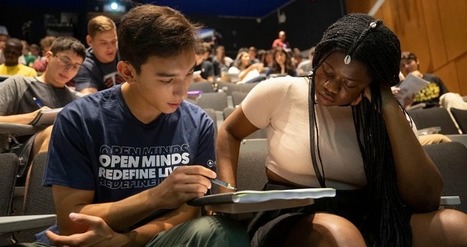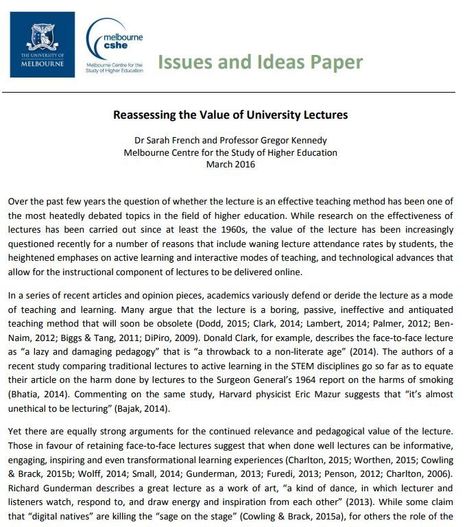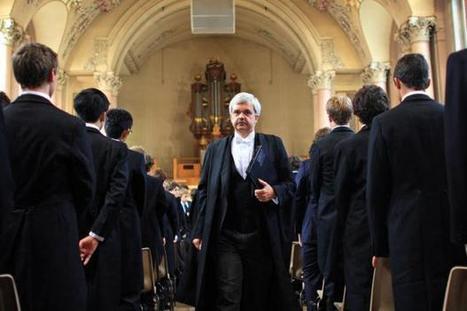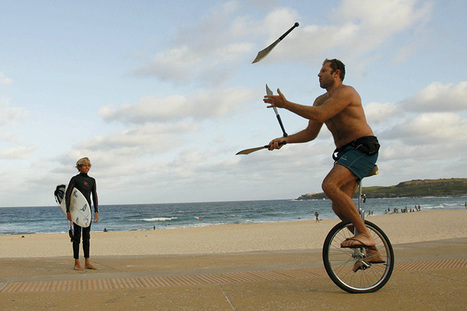Some universities are choosing not to bring back traditional lectures post COVID. While some students welcome the shift, others say they fear their learning will suffer.
Research and publish the best content.
Get Started for FREE
Sign up with Facebook Sign up with X
I don't have a Facebook or a X account
Already have an account: Login
Issues and priorities arising around academic development, teaching and learning in Higher Education.
Curated by
Learning Futures
 Your new post is loading... Your new post is loading...
 Your new post is loading... Your new post is loading...
|

Brenda VanDenBerg's curator insight,
September 19, 2020 3:55 PM
Lecture in learning, do we need them? If indeed, we do need them, how long do they need to be. Will online replace lecturing or will lecturing evolve to fit the new online learning platform?
|




















